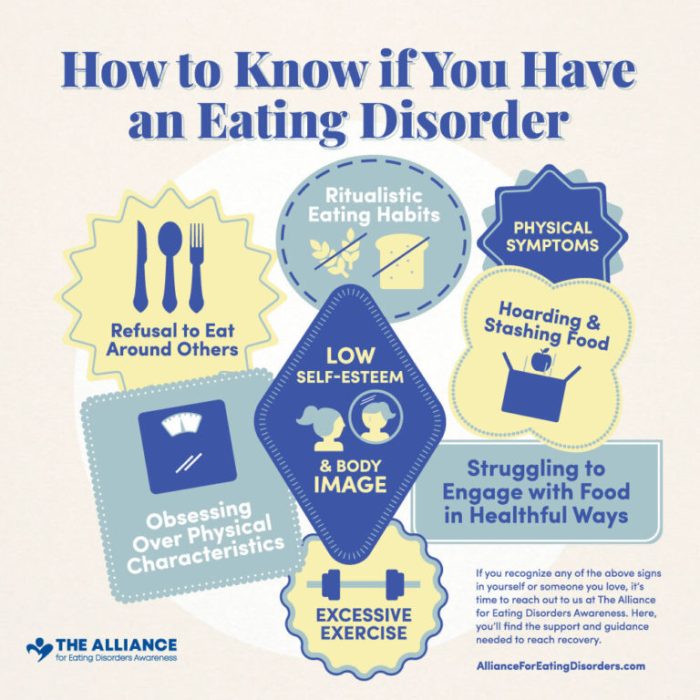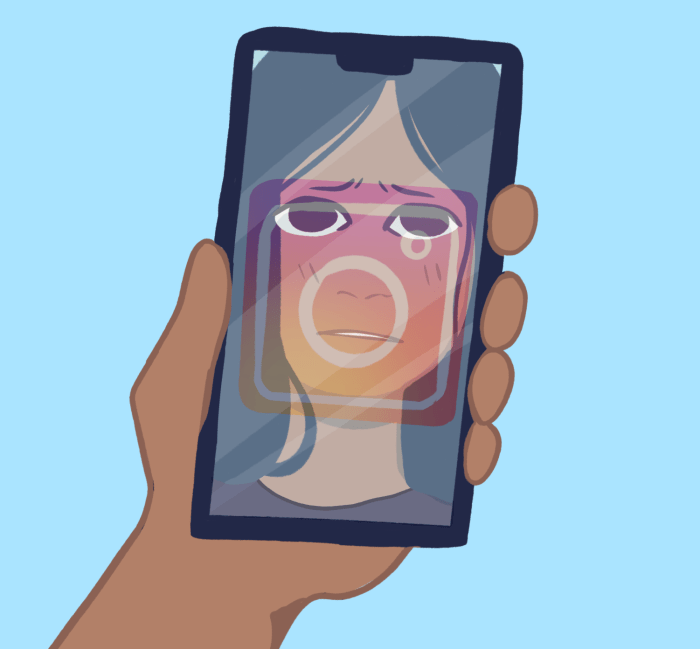Welcome to the Body Image and Eating Disorders Quiz. This quiz is designed to help you assess your risk of developing an eating disorder. Eating disorders are serious mental illnesses that can have a devastating impact on your physical and mental health.
If you are concerned about your body image or eating habits, this quiz can help you determine if you need to seek professional help.
The quiz consists of 20 questions. Please answer each question honestly and to the best of your ability. Your answers will be confidential and will not be shared with anyone else.
Introduction: Body Image And Eating Disorders Quiz
Body image and eating disorders are prevalent concerns in today’s society, affecting individuals of all ages and backgrounds. These conditions can have a significant impact on physical, mental, and emotional well-being. This quiz aims to provide insights into your body image and eating habits, helping you identify potential areas of concern and encouraging you to seek professional help if necessary.
Body Image and Eating Disorders Quiz

To take the quiz, please answer the following questions honestly and thoughtfully. There are no right or wrong answers; the purpose is to gain a better understanding of your relationship with food and body image.
| Question | Answer Options |
|---|---|
| 1. How often do you feel satisfied with your body? |
|
| 2. How often do you compare your body to others? |
|
| 3. How often do you feel guilty or ashamed after eating? |
|
| 4. How often do you engage in unhealthy weight-control behaviors, such as excessive dieting, fasting, or purging? |
|
| 5. How often do you experience intense fear of gaining weight? |
|
Understanding the Results

Your answers to the quiz can help you understand your body image and eating habits. The following categories and interpretations provide a general overview:
| Category | Interpretation |
|---|---|
| Positive Body Image | Generally satisfied with body, no significant concerns about eating habits. |
| Body Dissatisfaction | May experience negative body image, but does not engage in unhealthy weight-control behaviors. |
| Eating Disorder Risk | May have unhealthy eating habits and/or negative body image, suggesting a need for professional help. |
| Eating Disorder | Likely experiencing significant eating disorder symptoms and requires immediate professional attention. |
Seeking Professional Help

If you are concerned about your body image or eating habits, it is crucial to seek professional help. Eating disorders are serious mental illnesses that can have devastating consequences. Early intervention is key to recovery.
- Consult a doctor, therapist, or registered dietitian.
- Contact a national eating disorder helpline, such as the National Eating Disorders Association (NEDA) at 1-800-931-2237.
- Join a support group for individuals with eating disorders.
Additional Resources

For further information on body image and eating disorders, refer to the following resources:
| Resource | Description |
|---|---|
| National Eating Disorders Association (NEDA) | Nonprofit organization providing information, support, and advocacy for individuals with eating disorders. |
| Eating Disorder Hope | Website offering comprehensive information, articles, and resources on eating disorders. |
| Eating Disorder Screening Tools | Online screening tools to help individuals assess their risk of an eating disorder. |
FAQ Overview
What are the symptoms of an eating disorder?
Eating disorders are characterized by a disturbance in eating behavior that results in an unhealthy weight loss or gain. Other symptoms of eating disorders include:
- Preoccupation with food, weight, or body shape
- Extreme dieting or exercise
- Binge eating
- Purging (e.g., vomiting, laxatives)
- Body dysmorphic disorder
What are the risk factors for eating disorders?
There are a number of risk factors for eating disorders, including:
- Female gender
- Adolescence or young adulthood
- History of trauma or abuse
- Low self-esteem
- Perfectionism
- Pressure to be thin
What are the consequences of eating disorders?
Eating disorders can have a devastating impact on your physical and mental health. They can lead to a number of health problems, including:
- Malnutrition
- Heart problems
- Kidney problems
- Bone loss
- Depression
- Anxiety
- Suicide
What is the treatment for eating disorders?
The treatment for eating disorders typically involves a combination of therapy, medication, and nutritional counseling. Therapy can help you to understand the underlying causes of your eating disorder and develop healthy coping mechanisms. Medication can help to manage symptoms such as depression and anxiety.
Nutritional counseling can help you to develop a healthy eating plan and learn how to nourish your body.